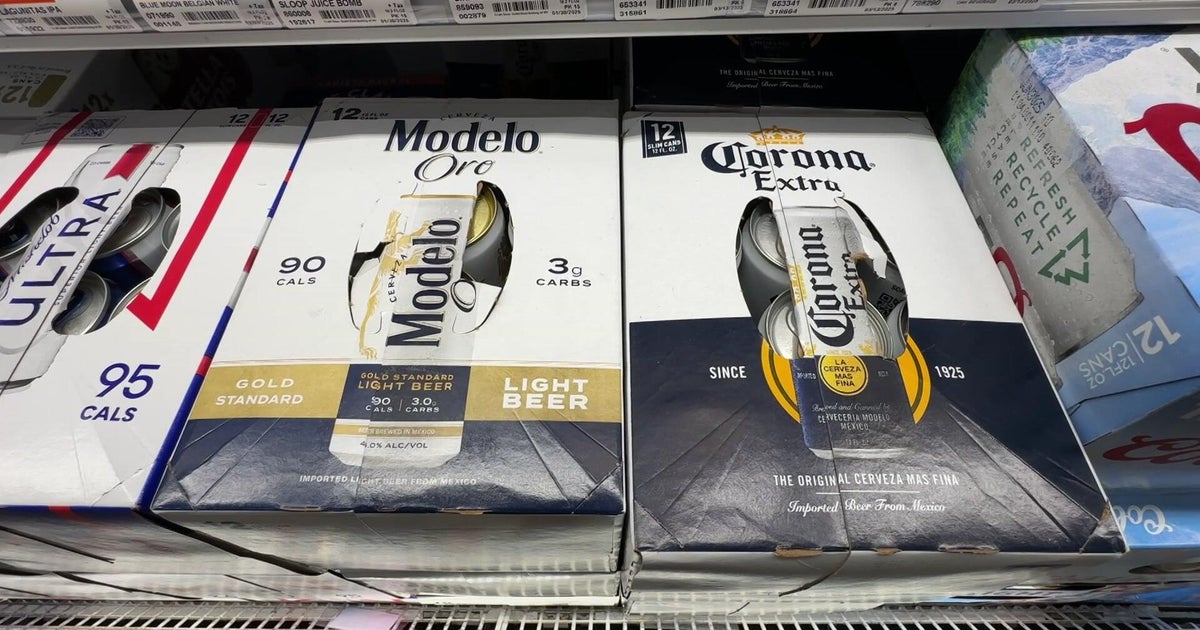"We will not risk our safety": Instacart workers announce emergency strike over coronavirus concerns
As coronavirus continues to spread in the U.S., many people have turned to grocery delivery services like Instacart to bring them their basic needs. But Instacart workers plan to conduct a nationwide strike Monday over what they consider a lack of protection and adequate compensation for their risky trips to grocery stores — even though they are "risking our lives."
In a letter posted on Medium on Friday, Instacart workers, which the company calls shoppers, and activist organization Gig Workers Collective said that Instacart "has a well established history of exploiting its Shoppers" and that the mistreatment has "stooped to an all-time low."
"Shoppers have had enough. Instacart has refused to act proactively in the interests of its Shoppers, customers, and public health, so we are forced to take matters into our own hands," the letter says. "We will not continue to work under these conditions. We will not risk our safety, our health, or our lives for a company that fails to adequately protect us, fails to adequately pay us, and fails to provide us with accessible benefits should we become sick."
In a statement emailed to CBS News, Instacart said their first priority is "the health and safety of our entire community — shoppers, customers, and employees."
"Our goal is to offer a safe and flexible earnings opportunity to shoppers, while also proactively taking the appropriate precautionary measures to operate safely," Instacart said. "We want to underscore that we absolutely respect the rights of shoppers to provide us feedback and voice their concerns. It's a valuable way for us to continuously make improvements to the shopper experience and we're committed to supporting this important community during this critical time."
Gig Workers Collective did not respond to CBS News' request for comment.
On March 27, Instacart announced new measures put in place for shoppers during the coronavirus crisis. Among other things, the company said it will provide up to 14 days of pay for any hourly employee or full-service shopper diagnosed with COVID-19 or placed in individual mandatory isolation or quarantine. Shoppers, shift leads and site managers will be eligible for bonus payments and some shoppers will be able to earn "additional boosts on batches during certain times."
In addition, Instacart introduced new safety measures, including no-contact alcohol deliveries.
The company said they have also been working on providing cleaning supplies and hand sanitizer to shoppers. Instacart said it developed its own hand sanitizer products manufactured from scratch that will be available through a company website in the coming weeks.
The only new measure that meets what workers have demanded, however, is the 14 days of paid sick leave.
In their letter, Instacart shoppers asked for PPE, which includes "at minimum," hand sanitizer, disinfectant wipes/sprays and soap; hazard pay of an extra $5 per order plus a required minimum tip of 10% of the order total; and that workers who have a doctor's note verifying a preexisting condition known to be a coronavirus risk factor are included in Instacart's 14-day sick leave policy.
The planned strike has received significant support on social media, with many who regularly use the company's services commenting that even though they have been relying on Instacart during the coronavirus pandemic, workers need to be fairly compensated.
Senator Bernie Sanders also announced his support for the strike on Twitter, saying the company was "last valued at nearly $8 billion" and "a company of this size should not be forcing its workers to put themselves — and us all — at risk. I stand with the workers, and encourage Instacart to meet the their demands."
Instacart shoppers said those of them who are able want to help their communities get groceries and supplies, but at the end of the day, Instacart is "neglecting the basic well-being of its 150,000+ drivers."
"They are putting us directly in harm's way while profiting greatly," the workers wrote. "We cannot let this be considered normal."



